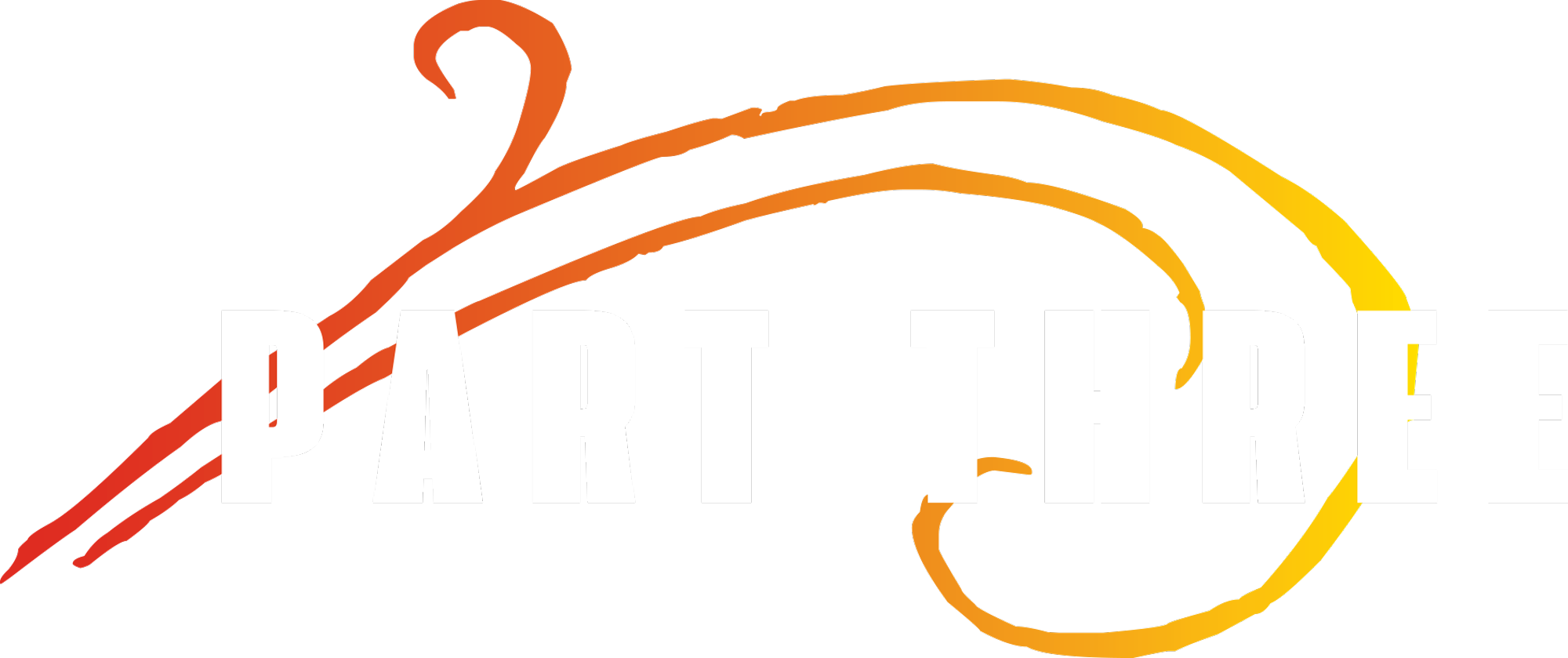


After God delivered the Israelites they sang a song which included these words:
“The LORD is my strength and song, and he is become my salvation: he is my God, and I will prepare him an habitation; my father’s God, and I will exalt him. The LORD is a man of war: the LORD is his name. Pharaoh’s chariots and his host hath he cast into the sea: his chosen captains also are drowned in the Red sea. The depths have covered them: they sank into the bottom as a stone” Exodus 15:2-3, (emphasis supplied).
Many look unfavorably upon the God of the Old Testament because of His judgments upon various nations, failing to understand that these nations were destroyed because they were nations guilty of the sin of oppression. And, God hates oppression.
The Bible declares that:
- “The LORD also will be a refuge for the oppressed, a refuge in times of trouble” Psalms 9:9.
- “The LORD executeth righteousness and judgment for all that are oppressed” Psalms 103:6.
- He encourages all nations to “Learn to do well; seek judgment, relieve the oppressed, judge the fatherless, plead for the widow” Isaiah 1:17.
- He declares to the nations, “Thou shalt not oppress an hired servant that is poor and needy, whether he be of thy brethren, or of thy strangers that are in thy land within thy gates” Deuteronomy 24:14.
Pharaoh’s oppression of Israel offended God. In particular, Pharaoh refused to give them rest from their labors. “And the king of Egypt said unto them, Wherefore do ye, Moses and Aaron, let the people from their works? get you unto your burdens. And Pharaoh said, Behold, the people of the land now are many, and ye make them rest from their burdens,” Exodus 5:4, and 5.
It was because of Pharaoh’s refusal to release his slaves, and acknowledge the warnings that plagues devastated his nation, and his people.
“Keep the sabbath day to sanctify it, as the LORD thy God hath commanded thee. Six days thou shalt labour, and do all thy work: But the seventh day is the sabbath of the LORD thy God: in it thou shalt not do any work, thou, nor thy son, nor thy daughter, nor thy manservant, nor thy maidservant, nor thine ox, nor thine ass, nor any of thy cattle, nor thy stranger that is within thy gates; that thy manservant and thy maidservant may rest as well as thou. And remember that thou wast a servant in the land of Egypt, and that the LORD thy God brought thee out thence through a mighty hand and by a stretched out arm: therefore the LORD thy God commanded thee to keep the sabbath day” Deuteronomy 5:13-15.
The Sabbath became the anti-oppression symbol of God. He commanded everyone to keep it in remembrance of their freedom.

“Thou shalt love the Lord thy God with all thy heart, and with all thy soul, and with all thy mind. This is the first and great commandment. And the second is like unto it, Thou shalt love thy neighbour as thyself. On these two commandments hang all the law and the prophets” Matthew 22:37-40.
Notice, the first four commandments address our relationship with God:
- “Thou shalt have no other gods before me.
- Thou shalt not make unto thee any graven image, or any likeness of any thing that is in heaven above, or that is in the earth beneath, or that is in the water under the earth.
Thou shalt not bow down thyself to them, nor serve them: for I the LORD thy God am a jealous God, visiting the iniquity of the fathers upon the children unto the third and fourth generation of them that hate me; And showing mercy unto thousands of them that love me, and keep my commandments.
- Thou shalt not take the name of the LORD thy God in vain; for the LORD will not hold him guiltless that taketh his name in vain.
- Remember the sabbath day, to keep it holy. Six days shalt thou labor, and do all thy work: But the seventh day is the sabbath of the LORD thy God: in it thou shalt not do any work, thou, nor thy son, nor thy daughter, thy manservant, nor thy maidservant, nor thy cattle, nor thy stranger that is within thy gates: For in six days the LORD made heaven and earth, the sea, and all that in them is, and rested the seventh day: wherefore the LORD blessed the sabbath day, and hallowed it,” Exodus 20:3-11.
Then, the last six commandments deal with our relationships with our neighbors:
- “The Honor thy father and thy mother: that thy days may be long upon the land which the LORD thy God giveth thee.
- Thou shalt not kill.
- Thou shalt not commit adultery.
- Thou shalt not steal.
- Thou shalt not bear false witness against thy neighbor.
- Thou shalt not covet thy neighbor’s house, thou shalt not covet thy neighbor’s wife, nor his manservant, nor his maidservant, nor his ox, nor his ass, nor any thing that is thy neighbor’s.” Exodus 20:12-17.
The 10 commandments operate as a whole. The tables of stone must work together. For example, if one decided to only keep the first part while ignoring the second, this would produce people who claimed to love God, but did not care about the welfare or well-being of their neighbor. On the other hand, if one decided that he could live a moral life (the rest of the commandments) while denying the existence of God, this would produce people who believed that righteousness can be attained without God. Both people would be guilty of breaking the whole law.
There is one commandment, however that links our relationship heavenward with God, to our relationship earthward with our neighbor. That is the fourth commandment. It is the only commandment that addresses both our responsibility to God (keeping the Sabbath because He created the heaven and earth and rested), and our responsibility to humanity (how we should treat our neighbor). It is the sole commandment that links the right table with the left. Let me say that again. It is the commandment that links the right and left.
To be continued.